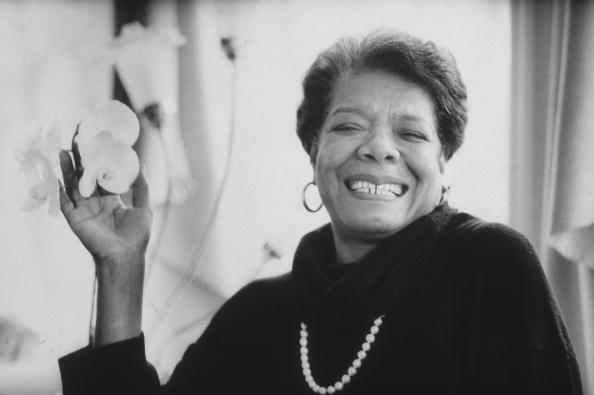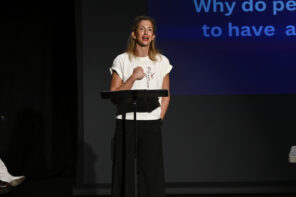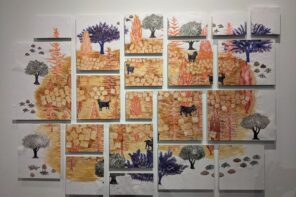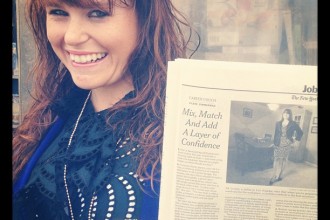Maya Angelou: A Voice of Power and Hope
April 4, 1928 – May 28, 2014
“We delight in the beauty of the butterfly, but rarely admit the changes it has gone through to achieve that beauty.”
― Maya Angelou
There is a woman that dared to let the contents of her soul pour out onto an awaiting page. A woman who, in spite of challenges, believed love, above all else, would prevail if we allowed it. A woman that believed life is dark and gritty but that as a result, beauty and hope is derived. Today the world mourns the loss of a woman that I believe gave me the courage to have a voice. There are only 2 other writers who have done that for me: Anaïs Nin and George Sands.
“My mission in life is not merely to survive, but to thrive; and to do so with some passion, some compassion, some humor, and some style”
You see, we live in a world that is chaotic and full of hate but then we are given a beacon of light. A human being who does not accept our willful attempts at hate. A human being who looks deeper into humanity and simply watches it behave in order to understand who it truly has become. Mind you, not who it is but rather who it has allowed itself to become. She epitomized the idea that conditioning ones soul to respond in anger or hate is mere choice by which we can make a change. She believed inexhaustibly that life was hope. That dreaming was essential. That caging a free bird was the detriment of ones soul. This woman declared that regardless of what change happens “to her”, it would never reduce her worth, her value, diminish the core of who she was. That woman – that human being – is Maya Angelou.
Maya Angelou (/ˈmaɪ.ə ˈændʒəloʊ/;[1][2] born Marguerite Ann Johnson; April 4, 1928 – May 28, 2014) was an American author and poet. She published seven autobiographies, three books of essays, and several books of poetry, and is credited with a list of plays, movies, and television shows spanning more than fifty years. She received dozens of awards and over thirty honorary doctoral degrees. Angelou is best known for her series of seven autobiographies, which focus on her childhood and early adult experiences. The first, I Know Why the Caged Bird Sings (1969), tells of her life up to the age of seventeen, and brought her international recognition and acclaim.
Having been a young woman who took on any job: cook, dancer, prostitute – only to go on to perform in theatre as a respected stage opera singer, become an educator, historian, sounding champion of equality – she never allowed any of those things to define her but rather guide her. Poetry became the voice she had tried to silence. Words became her power, music her refuge, loneliness her inspiration. She went on to became one of the most prolific poets, writers, authors, playwrights, humanitarians, educators, and socially conscious voices of all time. Her words are powerful. Her belief that all men and women are equal is unshakable – and that I am beyond grateful for. She proved that our lives are not about who we have been but rather who we become and how we utilize the past to change the future.
Below is one of my favorite excerpts of hers. A true testament to the core of who she was:
“I’ve learned that no matter what happens, or how bad it seems today, life does go on, and it will be better tomorrow. I’ve learned that you can tell a lot about a person by the way he/she handles these three things: a rainy day, lost luggage, and tangled Christmas tree lights. I’ve learned that regardless of your relationship with your parents, you’ll miss them when they’re gone from your life. I’ve learned that making a “living” is not the same thing as making a “life.” I’ve learned that life sometimes gives you a second chance. I’ve learned that you shouldn’t go through life with a catcher’s mitt on both hands; you need to be able to throw something back. I’ve learned that whenever I decide something with an open heart, I usually make the right decision. I’ve learned that even when I have pains, I don’t have to be one. I’ve learned that every day you should reach out and touch someone. People love a warm hug, or just a friendly pat on the back. I’ve learned that I still have a lot to learn. I’ve learned that people will forget what you said, people will forget what you did, but people will never forget how you made them feel.”

Today I mourn. Not the death of a fellow writer, but the loss of a voice that sounded so loudly one could hear its strength even in the darkest of shadows. I mourn because now those of us who believe as she did – who believe there is great power in love, in hope, generosity, and in the arts – it will be our turn to continue her legacy. There is no excuse not to create. To make a change. To call upon the world to banish hate and instead adhere love everywhere where it seems it is absent. Maya Angelou gave me courage. She liberated my fears as writer and because of the influence she had, is responsible for the statement I made years ago – one tried and true belief I hold very sacred: If it makes it’s way to paper (or screen) it is no longer yours. It is the world’s.
Words were never meant to be trapped but rather beautifully woven, strung together to dance across the page with eloquence and conviction. So today as everyone who has ever believed in fighting for what matters – for those that believe in the goodness of humanity – who believe to create is to fully LIVE – we all feel that painstaking sadness that we have lost someone quite dear, but I beg of you to keep her vision alive. It’s now time for all of us to band together. To breed hope and love and do so with an aching sense of responsibility to make this world a better place.
Thank you Maya for the life you’ve lived, the love you’ve given, the lessons you’ve taught, the history you’ve changed, and the hearts you have impacted. You truly are one of the world’s rarest gems and you will be missed far deeper than you may realize. To you! And the beautiful, courageous, benevolent life you’ve lived.
With deep appreciation,
Dawn Garcia
Follow ATOD Magazine™





